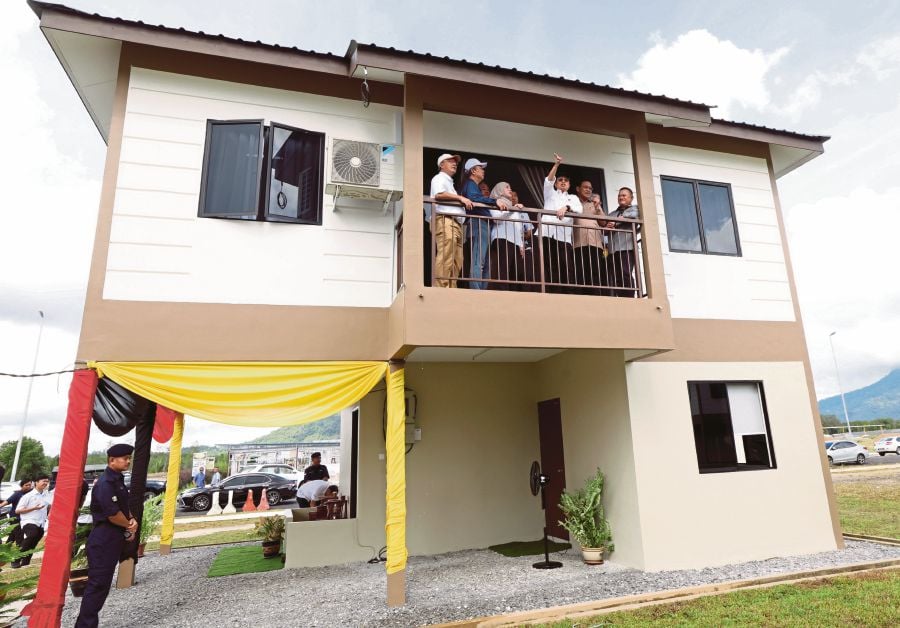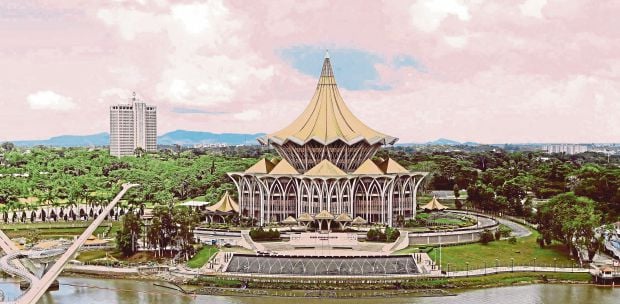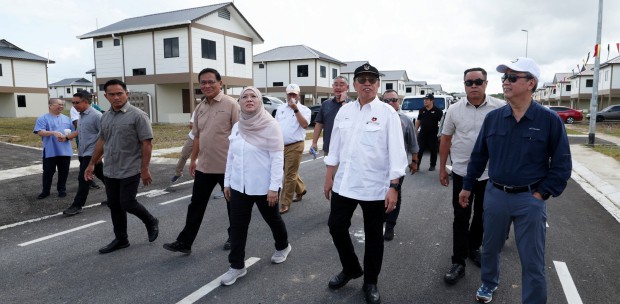Sarawak Premier Tan Sri Abang Johari Openg recently unveiled a new initiative to meet the demand for affordable housing.
The state government will impose a levy on developers, and the money raised will be used by state agencies, such as the Housing Development Corporation, to build affordable housing.
This move will replace the state requirement that big housing developers set aside 30 per cent of their projects for affordable housing.
As with government intervention in the free market anywhere, there are costs involved which must be weighed against the hoped-for benefits.
Providing affordable homes is a desirable social objective. The only question is how best to arrive at such an outcome.
The main criticism of the new levy or the 30-per cent affordable housing requirement is that both imply a cross-subsidy by buyers of higher-priced houses to affordable housebuyers in Sarawak. Is this fair?
Abang Johari has repeatedly mentioned how state revenues have substantially increased in recent years, primarily because of the sales tax on oil and gas companies. He has since announced a host of "freebies", including free tertiary education for Sarawak students soon.
Why then is the annual state budget not making any provision for affordable housing to relieve housing developers of the cost of the special levy, which will likely be passed on to customers?
As it is, the woes of housing developers and, by extension, regular housebuyers receive scant government attention. Given that buying a roof over one's head is the goal of every new family, keeping all houses, except those for the rich, reasonably priced should be a policy aim.
It surely should be a matter of concern for state authorities that house prices in Sarawak's urban centres, particularly Kuching, are comparable to those in Kuala Lumpur, if not higher!
Rising material costs are a major contributor and something the government cannot do much about, although some moves towards breaking up the state monopoly on cement are a welcome step.
Another major contributor to the high house prices is the cost of urban land. This is inexcusable in a state almost the size of Peninsular Malaysia but with about a tenth of the population!
State authorities can do more to address housing land scarcity. Better transport networks, such as the autonomous rail transit, should allow the government to make available more land on the outskirts of Kuching for housing.
A masterplan will help regulate the inevitable urban sprawl.
All said, there is a very cogent reason why, wherever possible, the provision of goods — whether houses or any other consumer items — should be left to the private sector. If the free market is allowed to flourish, the private sector can deliver more efficiently.
This surely applies even to the provision of affordable homes. At a time when the country is rationalising its panoply of subsidies and seeking ways to phase them out, it behoves the Sarawak government to ask pertinent questions, such as whether subsidies, in whatever form, are needed for affordable houses.
It may also be worthwhile to think outside the box, such as providing affordable housing for rent to newly married couples for a period of maybe 10 years, when their incomes will have grown sufficiently for them to afford their own homes.
The writer views developments in the nation, region and wider world from his vantage point in Kuching






